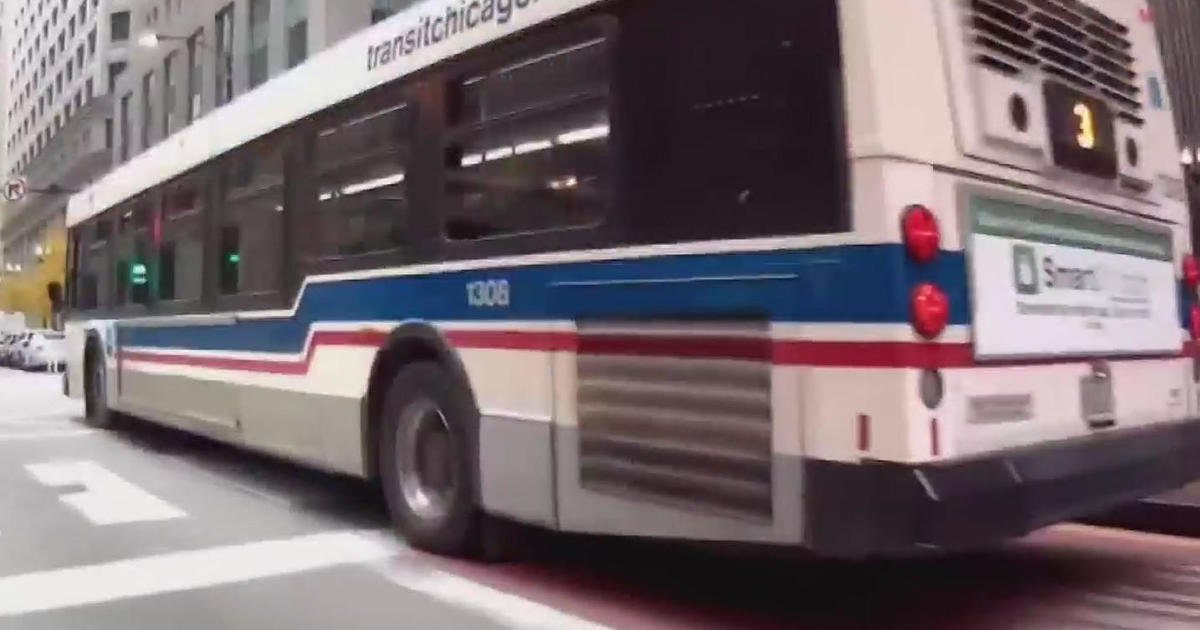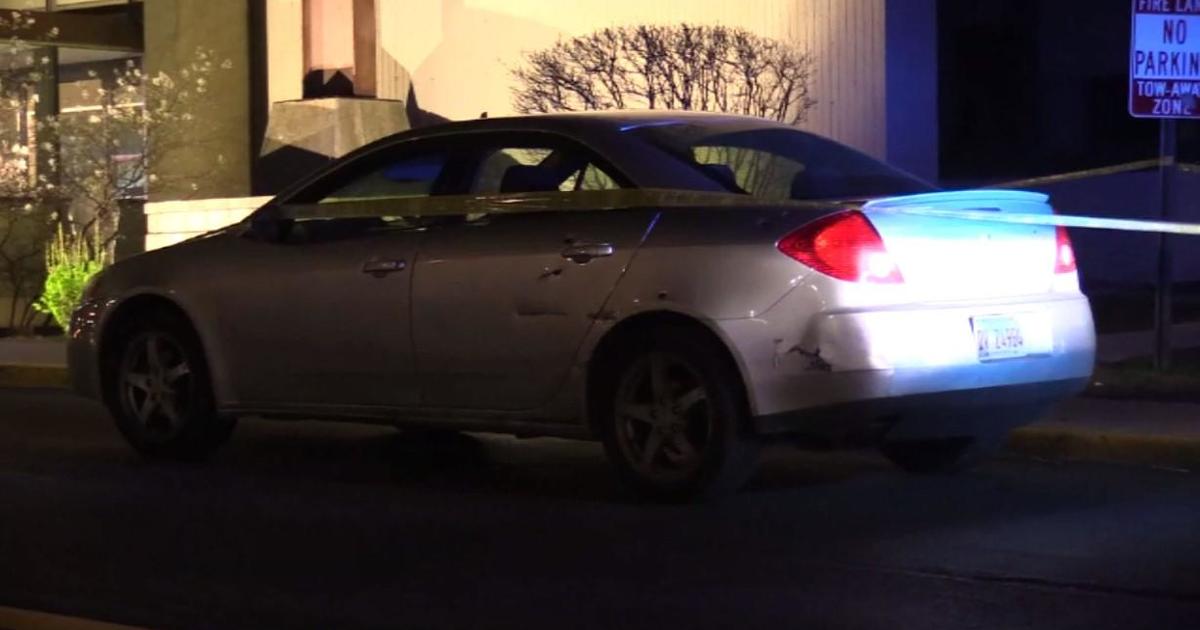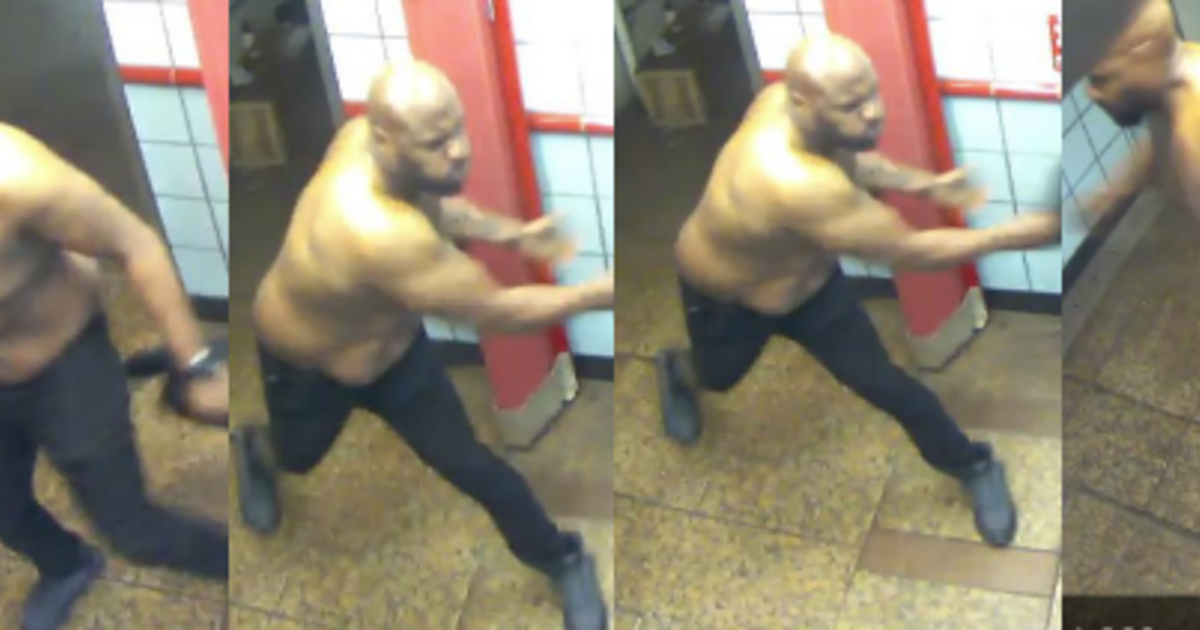Impact Of Chicago Race Riots Of 1919 Still Felt 100 Years Later
Chicago (CBS) -- One hundred years ago this summer, one of the most tragic chapters in Chicago history started on a beach and spread three miles. Race riots killed nearly 40 Chicagoans and destroyed thousands of homes and businesses.
In July of 1919, a stretch of Chicago's lakefront had an unofficial but ironclad line at 29th Street - African Americans on one side of the beach, white Chicagoans on the other.
"Beaches were segregated in 1919. You just didn't wander from one beach to another if you were an African American," said Brad Hunt of the Newberry Library.
But a young black man named Eugene Williams drifted over to the white side on a homemade raft. A white man hit Williams with a rock. He drowned.
"The person who was the perpetrator of the deed should have been arrested but wasn't," Roosevelt University professor emeritus Christopher Reed said.
Hunt says this led to a week of riots.
"That then triggered a great deal of anger among black residents and this then turned into whites attacking blacks and it spurred an entire riot that engulfed the city for a week," Hunt said.
Over that week, the race riot spread three miles south and west.
"Blacks would get pulled off streetcars and beaten in white neighborhoods on their way to work at the Union Stock Yards," Hunt said.
Reed insists African Americans did not meekly watch it unfold.
"Mobs of whites approached periphery, the outskirts of the black community. They were met with resistance because the black community was unwilling to lie down and become victims," he said.
When it ended, 38 were dead, hundreds were hurt, and an estimated 5,000 families were homeless.
This year the Newberry Library and 13 other cultural institutions, including the DuSable Museum, are commemorating the 100th anniversary of the Chicago race riots explaining how its impact is still felt today.
"What we learned is that the color lines in Chicago had gotten hard and would get harder," Hunt said. "It was a formative event in setting in motion the segregation that we still live with today in this city."
Reed says following the riots, the Chicago black community began exercising its political muscle and developing businesses. Black leadership, he said, was adamant that African Americans would be taken seriously from the city government.



